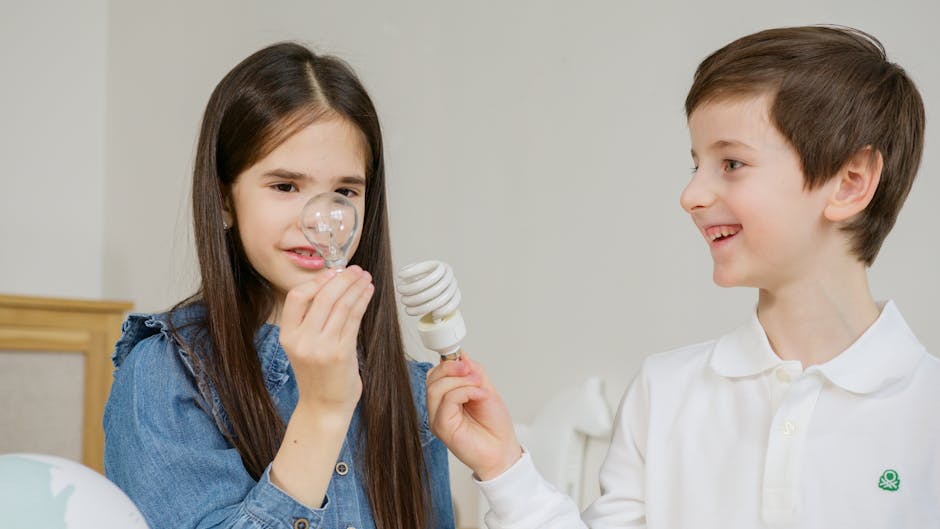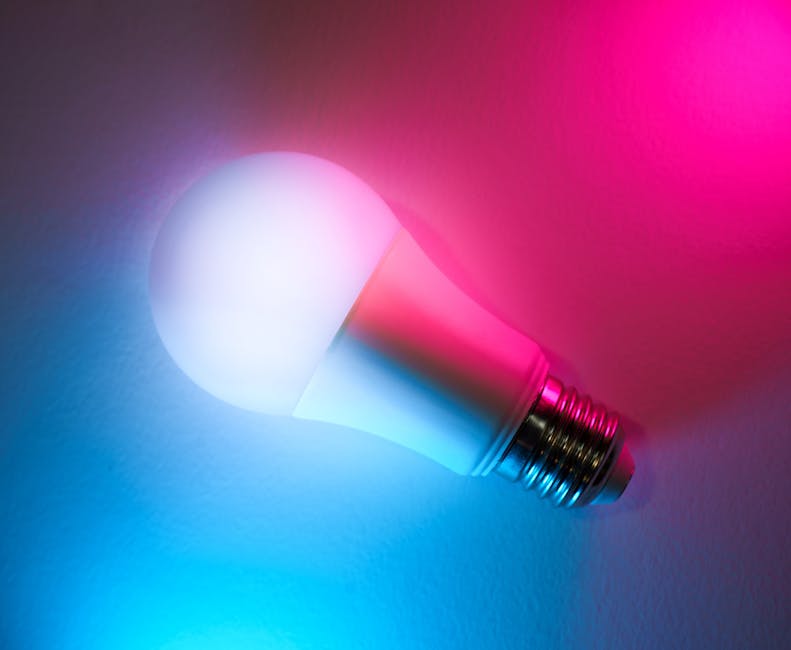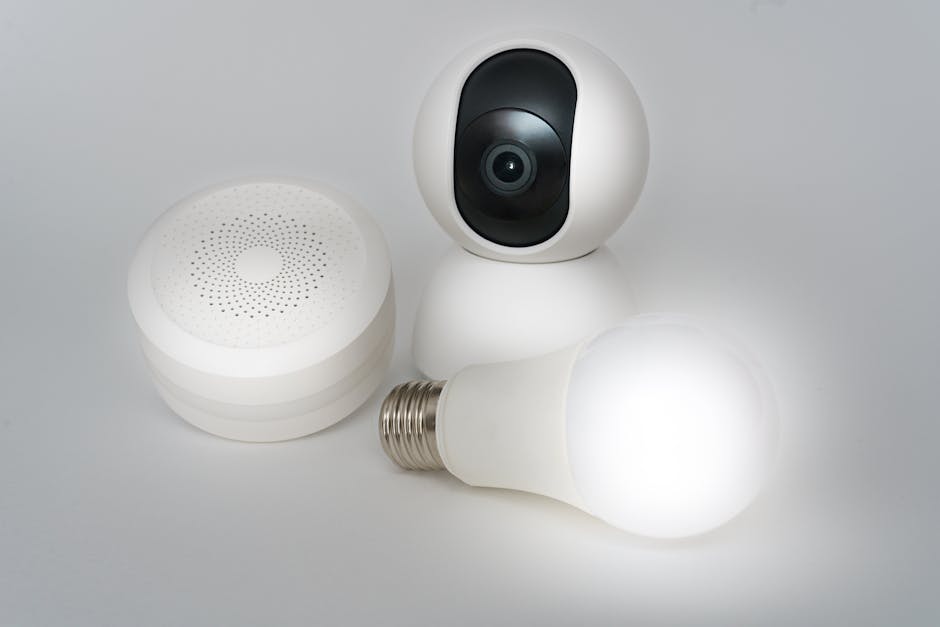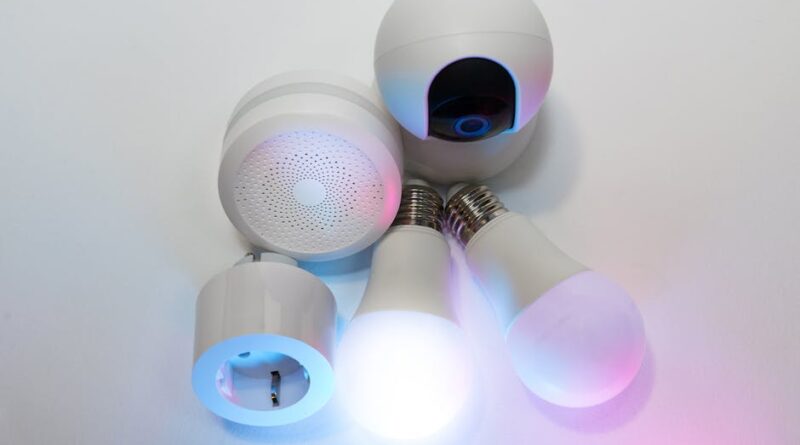Maximize Savings with Smart Energy Tips
Are you tired of high energy bills? you’re not alone! Many people want to save money on energy costs. The good news is that small changes can lead to big savings. In this article, well explore practical energy tips to help you save money while being kinder to the planet.
Why Should You Care About Energy Savings?

Energy savings matter for several reasons. Firstly, they help you keep more money in your pocket. According to the U.S. Energy Information Administration, the average household spends about $2,200 a year on energy. Reducing this amount can make a significant difference.
Secondly, saving energy helps the environment. Using less energy means burning fewer fossil fuels. This reduces greenhouse gas emissions, which contribute to climate change. By saving energy, you’re doing your part for the planet.
How Can You Save Energy at Home?

Making your home more energy-efficient doesnt have to be complicated. Here are some smart energy tips to get you started:
- Switch to LED Bulbs: Replace old incandescent bulbs with LED bulbs. They use up to 75% less energy and last much longer.
- Unplug Devices: Many devices suck power even when they’re off. Unplug chargers and electronics when not in use.
- Use a Programmable Thermostat: Set your thermostat to lower temperatures when you’re away or sleeping. This can save you a lot on heating and cooling costs.
- Seal Leaks: Check for drafts around windows and doors. Sealing these leaks can keep your home comfortable and reduce energy waste.
Each of these tips is simple to implement. They can save you money without drastic lifestyle changes.
What Are Some Energy-Efficient Appliances?

Investing in energy-efficient appliances can be a game-changer. Look for the ENERGY STAR label when shopping. These products meet strict energy efficiency guidelines set by the U.S. Environmental Protection Agency.
Examples of energy-efficient appliances include:
- Refrigerators
- Washing machines
- Dishwashers
- Water heaters
While these appliances may cost a bit more upfront, they can save you money in the long run. Youll see lower energy bills and enjoy the benefits of modern technology.
How Can You Optimize Your Heating and Cooling?

Your heating and cooling system is a major energy user. Optimizing it can lead to significant savings. Heres how:
- Regular Maintenance: Schedule annual maintenance for your HVAC system. Clean filters and check for issues to ensure it runs efficiently.
- Adjust Your Thermostat: In winter, set your thermostat to 68F during the day and lower it at night. In summer, try to keep it at 78F when you’re home.
- Use Ceiling Fans: Ceiling fans can help circulate air. In winter, run them clockwise to push warm air down.
These small changes can have a big impact on your energy consumption.
What About Water Heating?
Your water heater can also use a lot of energy. Here are some tips to save:
- Lower the Temperature: Set your water heater to 120F. This is hot enough for most uses but saves energy.
- Insulate Your Water Heater: Insulating your water heater can reduce heat loss and save energy.
- Use Cold Water for Laundry: Most clothes can be washed in cold water. This saves energy and helps your clothes last longer.
By making these changes, you can cut down on your water heating costs significantly.
How Can You Save Energy Outdoors?
don’t forget about outdoor energy use! Here are a few ways to save energy outside:
- Use Solar Lights: Replace traditional outdoor lights with solar-powered ones. They charge in the sun and enhance your landscape for free.
- Plant Trees: Trees provide shade, which can keep your home cooler in the summer. This reduces the need for air conditioning.
- Choose Native Plants: Native plants require less water. they’re more resilient and help reduce your water bill.
These outdoor tips are not only energy-efficient but also beautify your home.
What Are Some Common Misconceptions About Energy Savings?
Many people have misunderstandings about energy savings. Let’s clear up a few:
- Myth: Leaving Lights On Saves Energy. Actually, turning off lights when you leave a room is more efficient.
- Myth: Energy-Efficient Appliances Are Too Expensive. While they can have a higher upfront cost, the long-term savings often outweigh the initial investment.
- Myth: Closing Vents Saves Energy. Closing vents can disrupt your HVAC system and may lead to higher energy costs.
Understanding these myths can help you make better choices for your home.
What Are Some Additional Resources for Energy Savings?
There are many resources available to help you learn more about energy savings. Websites like Energy Saver provide tips, tools, and calculators to help you track your energy use.
You can also check with your local utility company. Many offer programs and rebates for energy-efficient upgrades.
Conclusion: What Are Your Next Steps?
Maximizing your savings through smart energy tips is easier than you think. Start with small changes and gradually implement more. Remember, every little bit counts!
As you make these adjustments, keep track of your energy bills. You might be surprised at how much you save. Take action today to lower your bills and help the environment.
Are you ready to transform your energy usage? With these tips, you’re on your way to a more efficient and cost-effective home.
